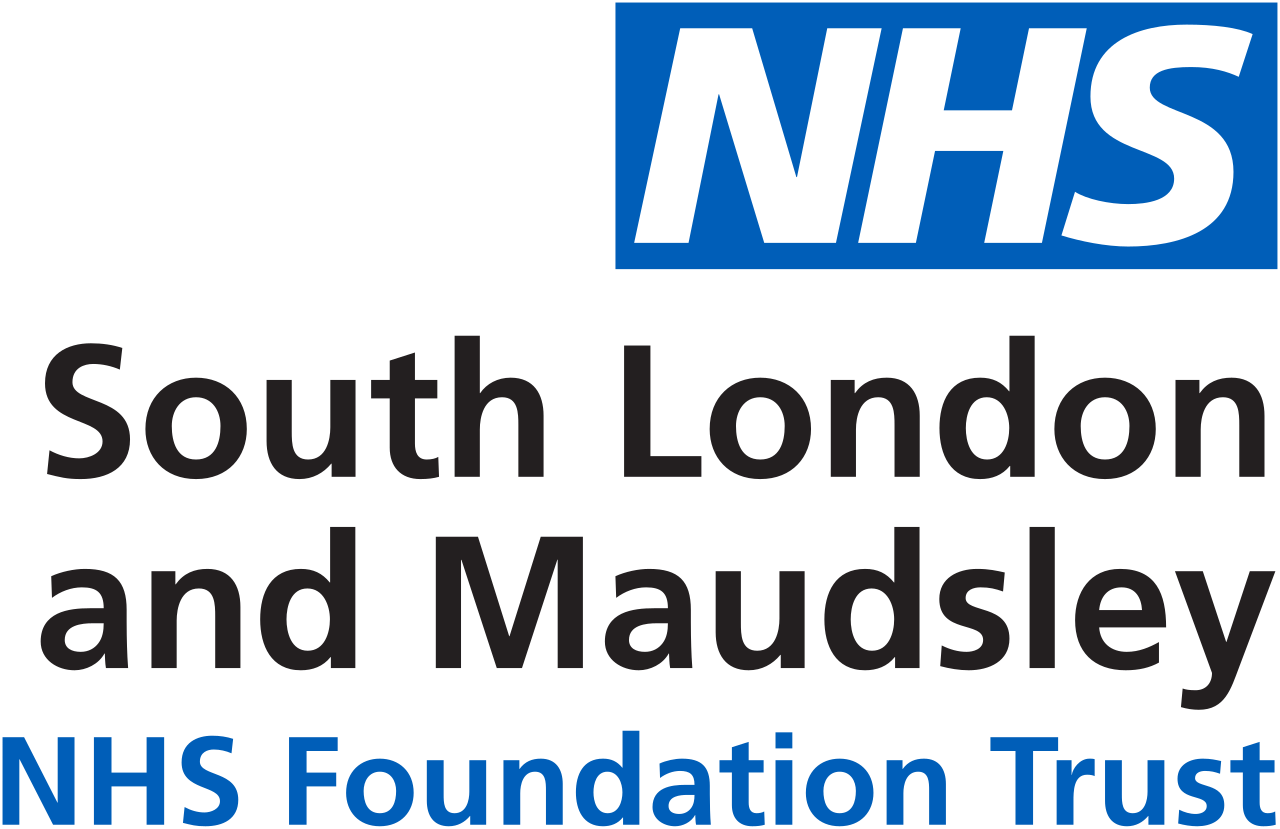Exploring the feasibility of social skills training in people with psychosis | C4C
Reduced social and community functioning is a predominant and enduring feature in people experiencing severe mental illness such as psychosis. The large majority of interventions (mostly pharmacological) target the so called positive symptoms (e.g. hallucinations and delusions) but poorly address functional and social consequences of the illness. This study attempts to fill this gap by assessing the feasibility and acceptability of a psychological intervention targeting social cognition deficit in people with psychosis. The intervention is a group psychological treatment facilitated by a clinical psychologist targeting competencies such as emotion recognition, social situation appraisal and guessing people’s intentions and mental states. The group therapy takes advantage of audiovisual material to illustrate strategies and thinking styles that may help participants to overcome difficulties in social settings. A second objective of this study is to test a new method to measure social cognition. Recent research showed that interview and performance based tests are poorly associated with every day activity of people with schizophrenia. This study is planning to evaluate the feasibility of new assessment methods for social cognition in everyday life using portable electronic devices (Experience Sampling Method and an activity watch). These devices will be carried by participants in their everyday life and will ask about feelings and levels of social activities at random times and record basic physiological and activity levels.

